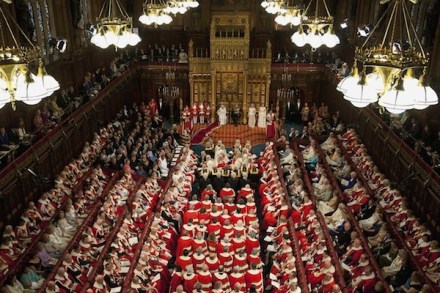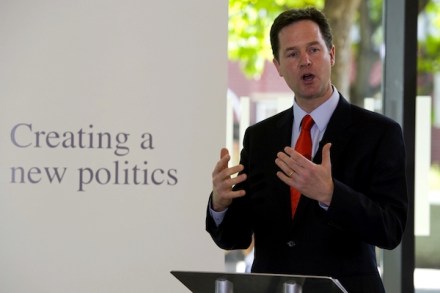The Tory troublemaking begins on Lords reforms
One instructive way to think about Tuesday’s vote on Lords reform is, do you want to have proportional representation used to elect people to the Westminster parliament? I suspect that most people on the centre-right would answer no to that question, and with good reason. In the current British system, PR would work against the centre-right’s political interests. It is for this reason that the term rebel is a bit of a misnomer for those Tories trying to thwart the coalition’s plans for Lords reform. The likes of Andrew Griffiths, an adviser to Eric Pickles when he was party chairman, and Angie Bray, a former Central Office staffer, are




















